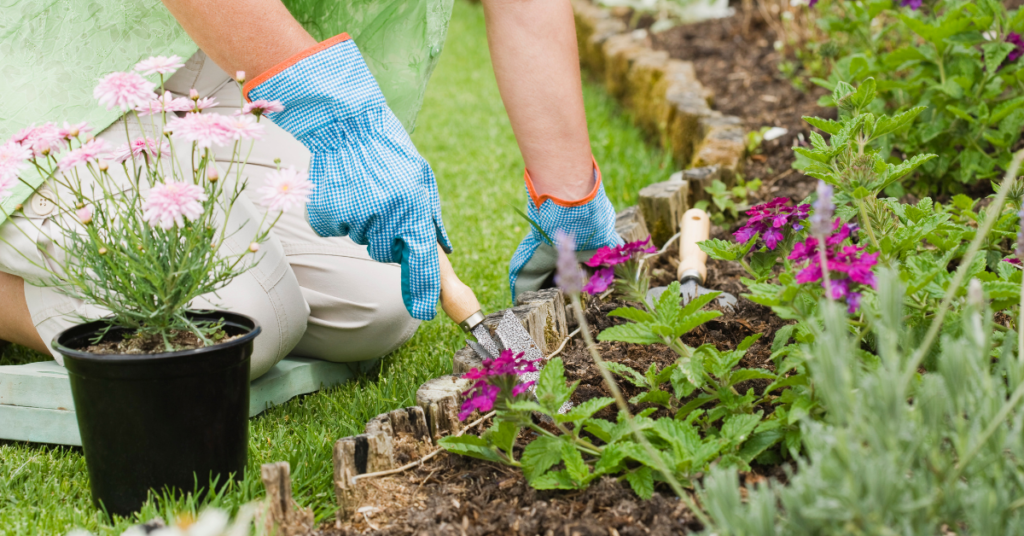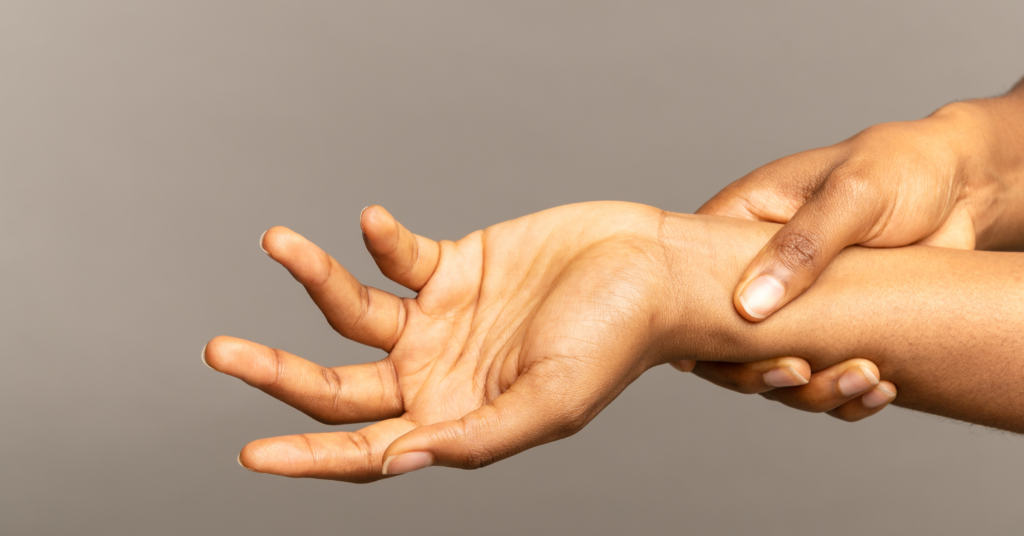Gardening Without Pain: Massage Techniques for Cloverdale, BC Green Thumbs

Gardening is a well-loved pastime for many, offering not just physical exercise but also an avenue for relaxation and a sense of fulfillment. However, the same motions and postures that make gardening such a wholesome activity can also lead to discomfort, tension, and fatigue. Fear not, our green-thumbed friends in Cloverdale! You can enjoy your gardening activities without the pain by incorporating simple, effective massage techniques into your routine. And that is precisely what this comprehensive guide aims to help you with!
The Physical Demands of Gardening
Gardening might seem like a gentle activity, but it requires repetitive movements and can involve awkward postures that strain the body. Common gardening activities such as digging, planting, weeding, and pruning can lead to:
- Back pain: Bending over repeatedly can strain the lower back. If back pain becomes a recurring issue after gardening, consider seeking effective back pain relief strategies available in Cloverdale.
- Knee discomfort: Prolonged kneeling puts pressure on the knees.
- Shoulder and neck tension: Reaching and lifting can lead to muscle tension.
- Hand and wrist pain: Gripping tools for extended periods can cause strain or even conditions like carpal tunnel syndrome.
Gardening can sometimes result in muscle strain or discomfort. In such cases, seeing a chiropractor might be beneficial to alleviate pain and prevent future injuries.
Essential Massage Techniques for Gardeners
Here are some simple massage techniques that can be done at home or with the help of a professional to keep your body in top shape for gardening:
1. Hand and Wrist Massage

After a day of gripping tools, your hands and wrists can feel stiff and sore. A hand and wrist massage can ease this discomfort.
- How to do it: Start by massaging the palm with your thumb in circular motions. Then, gently pull and rotate each finger to stretch the joints. Finish by pressing and holding the base of your thumb and working your way up to the wrist.
2. Forearm Release
Forearm muscles are heavily used in gardening, especially when using tools like pruners or shovels.
- How to do it: Use the opposite hand to apply pressure along the muscles of your forearm, moving from the elbow down towards the wrist. Press in circular motions, paying attention to any tender spots.
3. Shoulder and Neck Relief

Repetitive overhead movements can lead to tension in the shoulders and neck.
- How to do it: Use your fingertips to apply pressure to the base of your skull and move down along the sides of your neck. Use your other hand to massage your opposite shoulder, working in circular motions and squeezing the muscles to relieve tension.
For those experiencing persistent muscle tension after gardening, intramuscular stimulation or dry needling might be an effective solution to release tight muscles.
4. Lower Back Massage
Back pain is a common issue for gardeners due to bending and lifting.
- How to do it: Lie on your back and use a tennis ball or a foam roller under your lower back. Gently roll it around to massage the muscles. Alternatively, you can knead your lower back muscles with your hands or have someone apply gentle pressure.
5. Knee and Leg Massage
Prolonged kneeling can cause knee pain and strain the muscles in your legs.
- How to do it: Sit down and use both hands to massage around the knee, focusing on the tendons and muscles above and below the kneecap. Use your fingers to press and release any tight areas. For your legs, massage from the ankle up to the thigh in long, sweeping motions to promote circulation.
If knee pain persists despite massage and preventive measures, a chiropractor may offer targeted treatments to address the underlying issues.
Tips for Preventing Gardening Pain

In addition to massage, there are several proactive steps you can take to prevent pain while gardening:
- Warm-up before gardening: Stretch your muscles and do some light movements to prepare your body for the physical activity. Engaging in strength and conditioning exercises through physiotherapy can help enhance your gardening stamina and prevent injuries.
- Use proper tools: Invest in ergonomic gardening tools designed to reduce strain on your hands, wrists, and back.
- Maintain good posture: Avoid bending at the waist. Instead, kneel or use a gardening stool to keep your back straight.
- Take breaks: Don’t push yourself too hard. Take regular breaks to stand up, stretch, and walk around.
- Stay hydrated: Dehydration can increase the likelihood of muscle cramps, so drink plenty of water, especially on hot days.
For those seeking alternative pain relief methods, acupuncture can be a beneficial addition to your wellness routine, especially after a long day in the garden.
When to Seek Professional Help
While self-massage and preventive measures are effective, there are times when professional help is necessary. If you experience persistent pain, numbness, or limited mobility, it may be time to consult a healthcare professional such as a massage therapist, physical therapist, or chiropractor at Clover Hills Rehabilitation. When dealing with pain from gardening, it’s important to consider whether physiotherapy or massage therapy is more appropriate for your specific needs. We can provide targeted treatments and advice to address specific issues related to gardening.
Conclusion
Gardening is a rewarding hobby that should bring joy, not pain. By incorporating massage techniques into your routine and being mindful of your body’s needs, you can keep your green thumb in action for years to come. Cloverdale’s gardens will thrive, and so will you. Take care of your body, and it will take care of your garden.
If you find yourself dealing with persistent pain or discomfort after gardening, it may be time to seek professional help. At Clover Hills Rehabilitation, we specialize in helping gardeners like you maintain a pain-free and active lifestyle. Whether you need relief from back pain, knee discomfort, or muscle tension, our experienced team is here to assist. Don’t let pain keep you from enjoying your garden—schedule an appointment with a physiotherapist in Cloverdale today and get back to doing what you love most.
